Franck Nziza
My name is Franck Nziza, and my journey in cardiovascular health began with a stark realization: in Burundi, cardiovascular diseases kill more people than any other non-communicable disease, yet most cases go undiagnosed and untreated. As a medical doctor specializing in public health policy and international health systems, I witnessed communities losing loved ones to preventable heart conditions simply because they lacked access to basic screening and care.
The Spark: personal motivation and community need
The statistics were sobering – cardiovascular diseases account for 26% of deaths in Burundi, with hypertension affecting nearly half our adult population. Yet in rural areas where I worked, blood pressure monitors were scarce, and many people had never had their blood pressure checked. This gap between need and access became my driving force. I knew that advocacy, innovation, and community engagement were essential to bridge this divide.
Building the foundation: WHF programs transform my approach
In 2023, my participation in the World Heart Federation’s Salim Yusuf Emerging Leaders Programme opened my eyes to global best practices in cardiovascular health advocacy. Connecting with 24 emerging leaders from five continents, I learned that effective change requires more than clinical knowledge – it demands strategic communication, policy advocacy, and collaborative problem-solving.
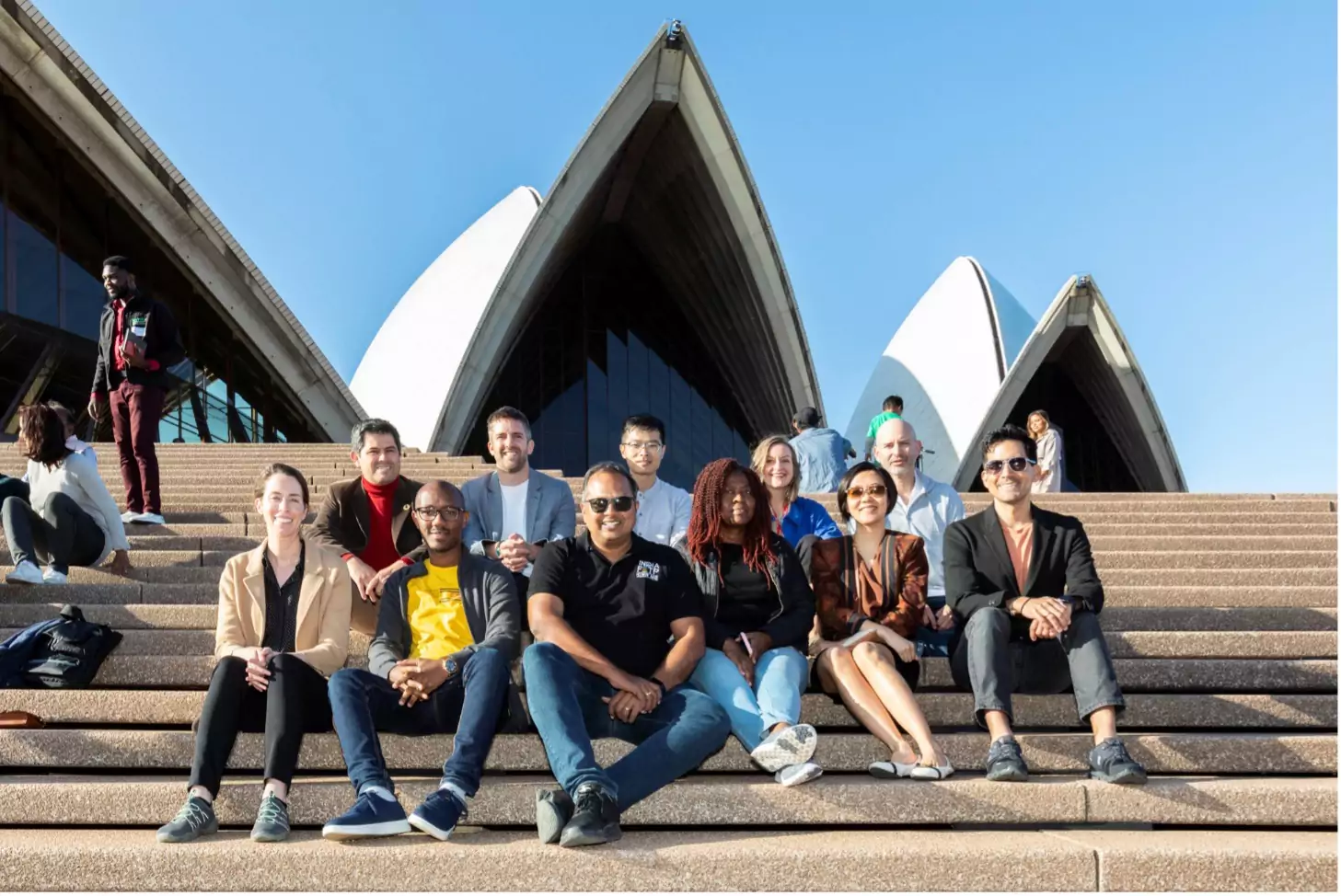
This foundation was strengthened in 2024 through the Leadership in Advocacy and Communications (LAC) Programme. The intensive training in Mombasa taught me to craft compelling narratives, build coalitions, and navigate policy landscapes. Most importantly, it showed me how to translate evidence into action that resonates with communities and decision-makers.
Overcoming challenges: from learning to implementation
The biggest challenge I faced was transforming theoretical knowledge into practical solutions within Burundi’s resource-constrained healthcare system. With only 0.1 doctors per inhabitant compared to a continental average of 4.5, innovative approaches were essential.
The WHF programs equipped me with the tools to address these challenges systematically. The networking skills I developed helped me build partnerships across sectors, while the advocacy techniques enabled me to secure stakeholder support for ambitious initiatives.
Innovation in action: the Mugangapreneur Innovation Lab
In April 2025, I launched the Mugangapreneur Innovation Lab (MIL) – Burundi’s first center dedicated entirely to health research, evaluation, and innovation. Officially inaugurated on June 26, 2025, MIL represents the direct application of collaborative approaches I learned deeply through the WHF programs.
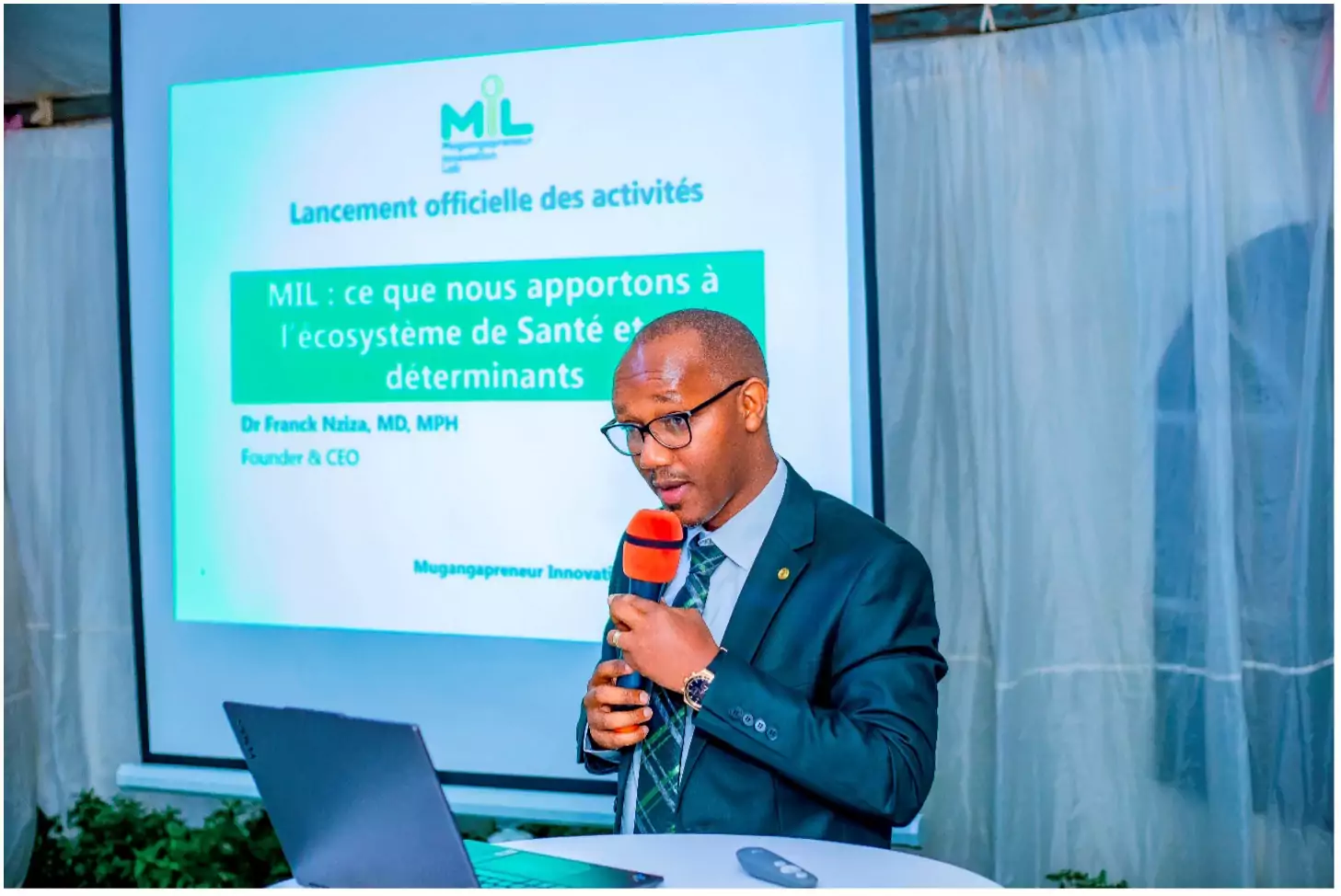
Measurable impact: May Measure Month success
The true test came in May 2025, when MIL implemented Burundi’s inaugural May Measure Month campaign in partnership with the Burundian Society of Cardiology. Drawing on advocacy strategies from the LAC Programme, we mobilized communities and healthcare workers to conduct comprehensive cardiovascular screening.
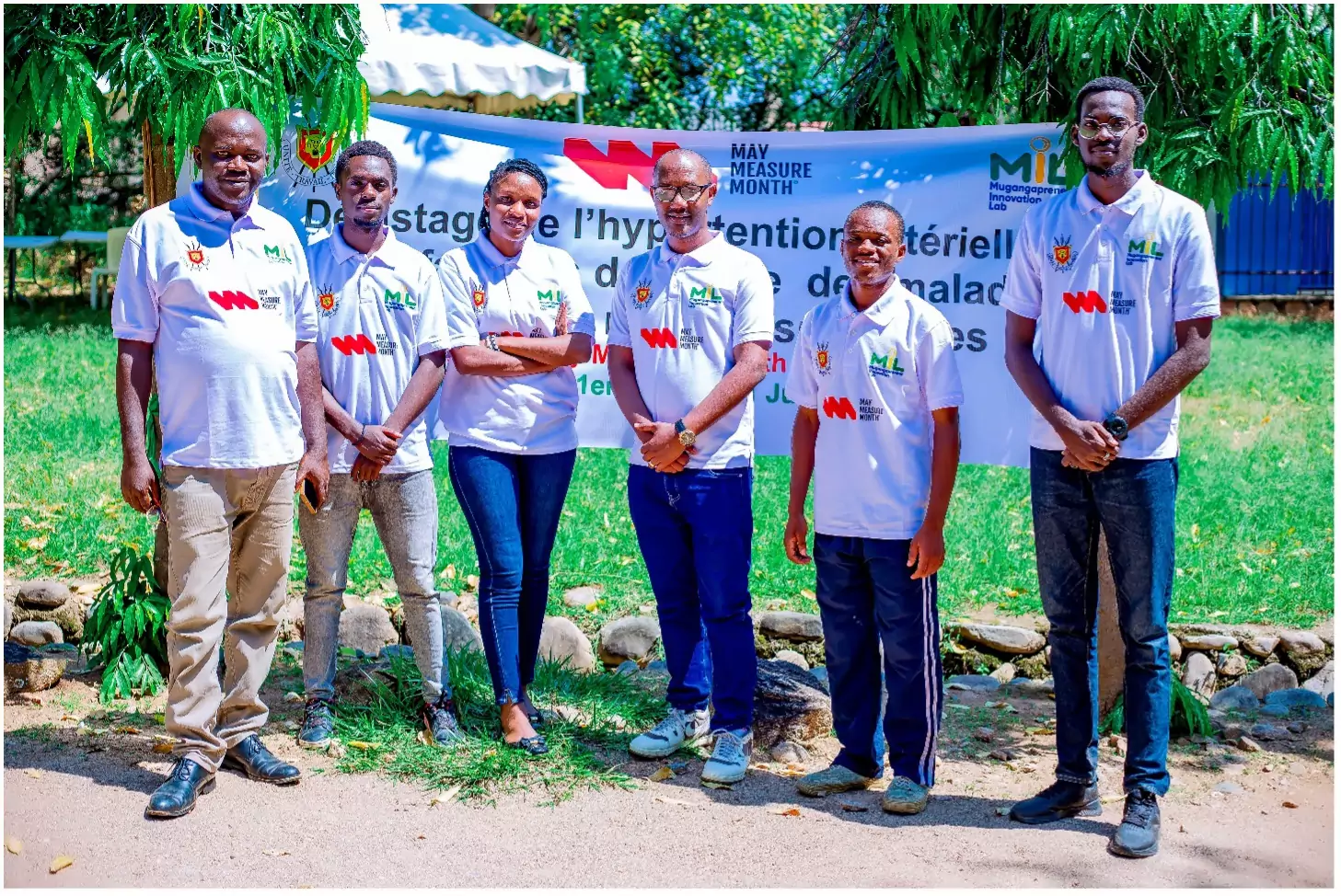
The results exceeded our expectations: over 900 people were screened for hypertension and other cardiovascular risk factors. Among these, we identified numerous cases of undiagnosed hypertension, potentially preventing future heart attacks and strokes. The campaign concluded with a symposium where I served as a main speaker, demonstrating the public communication skills developed through the LAC Programme.
Expanding horizons: from Local innovation to global recognition
The success of our initiatives has opened doors to international platforms. I have presented our work at the Health Informatics in Africa (HELINA) conference 2025, European Society of Cardiology congress 2025, and the 9th Congress of Burundian Society of Cardiology. These opportunities to discuss how artificial intelligence and telemedicine can save lives in resource-constrained settings stem directly from the confidence and expertise gained through WHF programs among others.
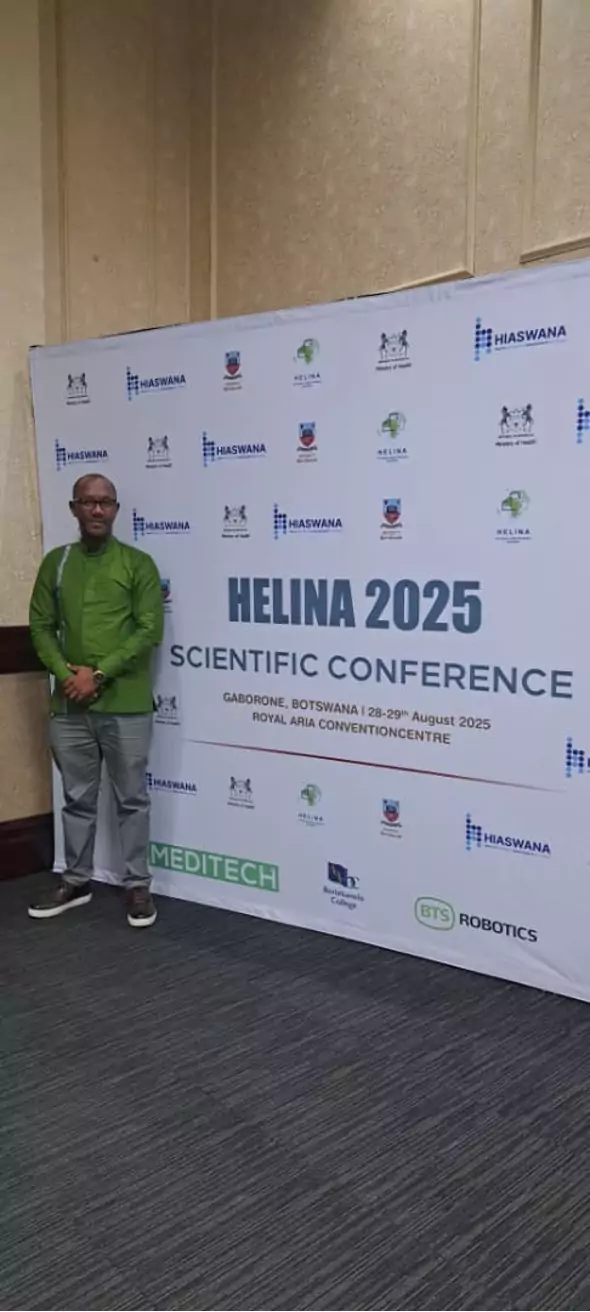
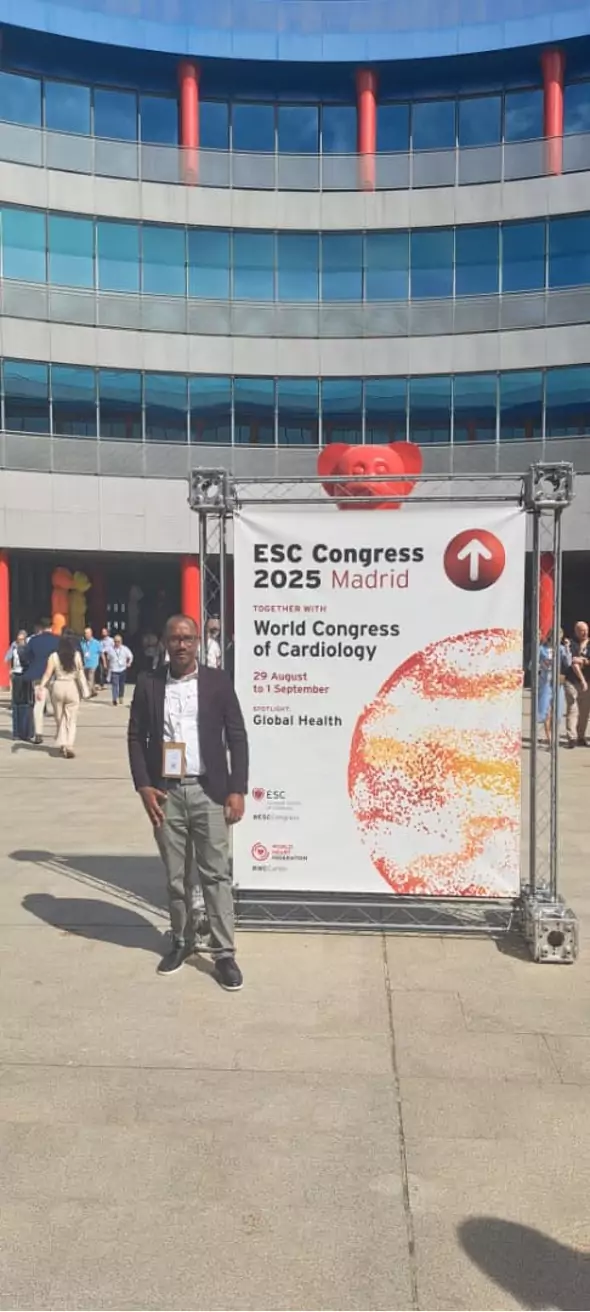
Looking forward: sustainable impact
The WHF capacity building programs didn’t just expand my knowledge and network – they fundamentally transformed my approach to cardiovascular health advocacy. The Salim Yusuf Programme provided the scientific foundation, while the LAC Programme equipped me with the practical skills to mobilize communities and drive systemic change.
Today, through MIL’s innovations like our Ndakira digital health platform and Health CPD Center, we’re creating sustainable solutions that extend far beyond our borders. The nearly 1,000 individuals we’ve screened represent lives potentially saved through early detection – a testament to the power of combining evidence-based advocacy with community-centered innovation.
This journey from individual learning to systematic impact demonstrates how strategic capacity building can create lasting change in the fight against cardiovascular disease.
Thank you again World Heart Federation for all those opportunities.